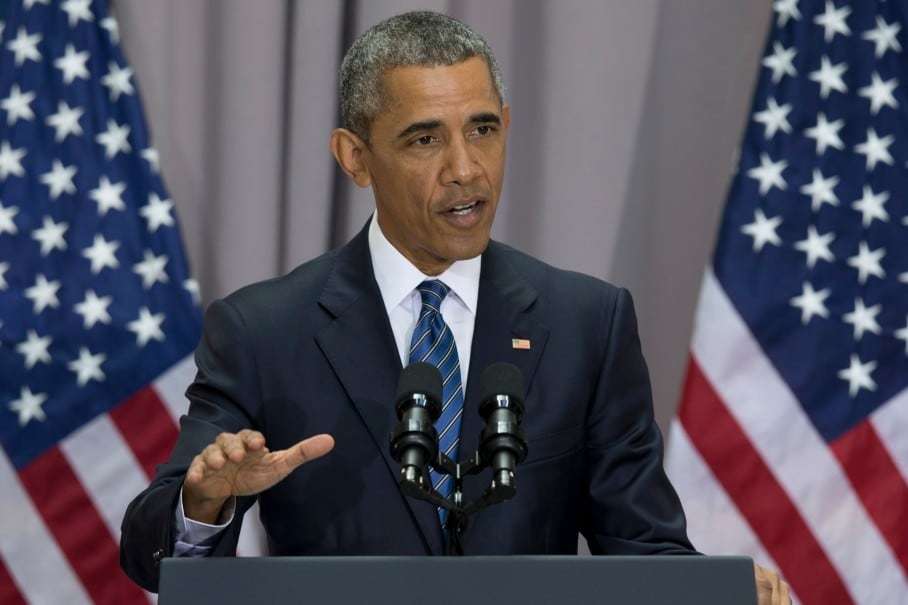The Volokh Conspiracy
Mostly law professors | Sometimes contrarian | Often libertarian | Always independent
Does the Obama Administration ever let the law stand in the way?

A recurring criticism of the Obama Administration is that it has embraced an inflated notion of executive power and disregarded legal constraints on executive-branch actions. Indeed, my co-blogger David Bernstein has a whole book making the case that the Obama Administration has been "lawless." (Lawless is even the title!)
While I certainly think it is fair to criticize many actions taken by the Obama Administration (and I've made my share of criticisms) - and to criticize the Administration for disregarding contrary legal opinions from the Administration's own lawyers (as occurred with regard to the Office of Legal Counsel's opinions on D.C. voting rights and bombing Libya) - I do not think it is fair or accurate to suggest that the Administration simply disregards legal constraints on desired policies. Not every controversial action taken by this Administration has been unlawful, and many actions that I (and others) believe crossed the legal line were green-lighted by agency lawyers who made good faith arguments in defense of the Administration's actions. (Of course, it's also fair to note that in some cases - recess appointments, bombing Libya - the legal justifications made on behalf of the Administration were difficult to take seriously.) The law remains a constraint on the executive branch, even if not as much of a constraint as some of us might like.
How would one test the proposition that the Obama Administration does not care about the law? The easiest way would be to look for examples of instances in which the Administration did not take a desired course of action because the law stood in the way. Helpfully, the NYT's Charlie Savage, author of the important new book Power Wars: Inside Obama's Post-9/11 Presidency, has compiled such a list. He identifies eight examples:
- Not closing Guantanamo
- Not bombing the Bin Laden compound
- Not keeping Daqduq in American custody
- Not targeting al-Farekh
- Revealing, at last, the role of warrantless surveillance in evidence presented in certain criminal cases
- Not unilaterally bombing Syrian forces for using chemical weapons
- Continuing to enforce DOMA
- Not including parents of 'Dreamers' in DAPA
What this list shows is that the Obama Administration does observe legal constraints, at least in some instances - just not always in those cases of greatest concern to the Administration's critics or as often as such critics would like (myself included). Another interesting thing about the list is that most of the examples come from foreign policy.
One thing this list shows is that the debate on the lawfulness of the Obama Administration is really a debate on the extent to which the Administration has allowed legal constraints to get in the way. As with debates over the executive actions taken by prior administrations, the real debate is over whether the Obama Administration has been unduly aggressive in its assertion of executive authority and overly eager to stretch relevant legal authorities in the Administration's favor. This is necessarily a question of degree. It may be the case that it is perfectly appropriate for the executive branch to assert expansive authority or read legislative delegations broadly in one context, but not another. Recall that the Bush Administration was particularly aggressive in its assertions of executive power in foreign affairs, while the Obama Administration has arguably been more aggressive domestically.
The bottom line is that it is unduly simplistic to accuse this (or any) administration of simply disregarding legal constraints. More attention needs to be paid to the ways in which any given administration stretches the bounds of its authority and to explaining why such actions are wrong.


Show Comments (0)